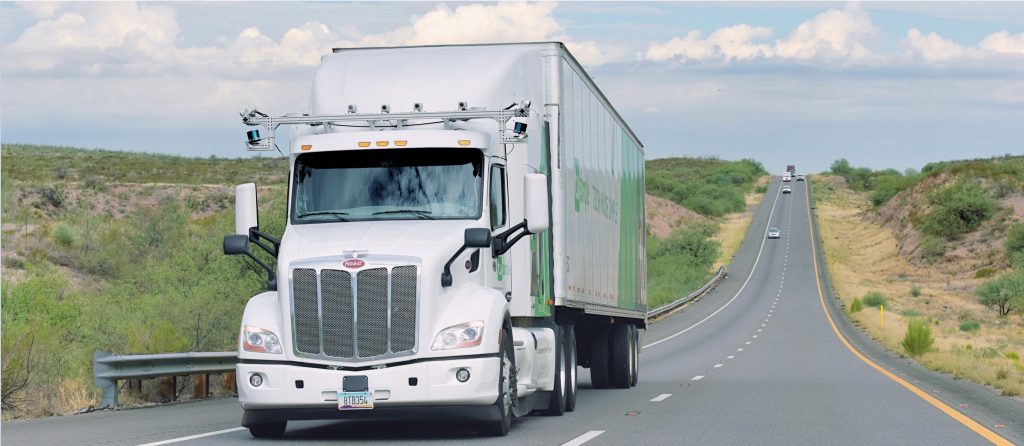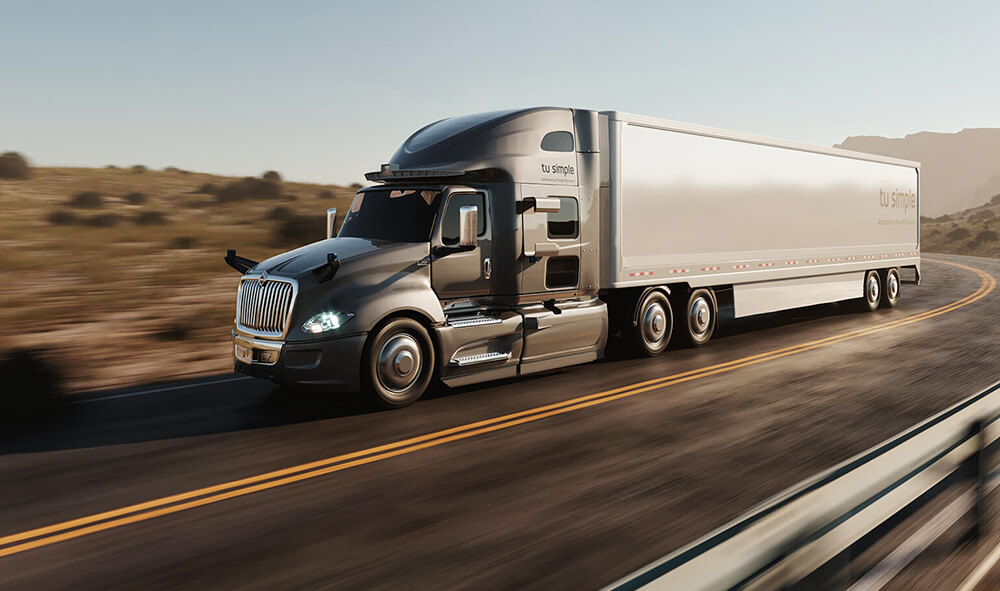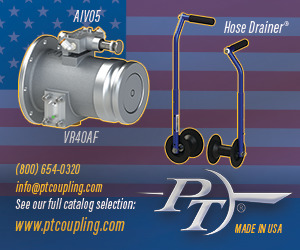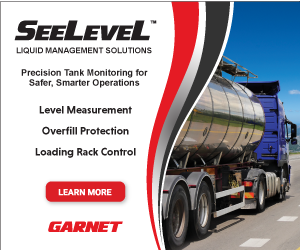TuSimple partnering with Ryder System Inc to Expand Nationwide Autonomous Trucking
Ryder maintenance facilities in the Southern U.S. to serve as terminals for TuSimple’s expanding Autonomous Freight Network

TuSimple Partnering With Ryder – TuSimple will use some of Ryder System Inc.’s more than 500 maintenance terminals to stretch its supervised driver-less freight network from Arizona to Florida by the end of the year
Autonomous trucking software developer TuSimple will use some of Ryder System Inc.’s more than 500 maintenance terminals to stretch its supervised driver-less freight network from Arizona to Florida by the end of the year.
The addition of selected Ryder facilities in addition to TuSimple’s own terminals in Phoenix and Tucson, Ariz., and Dallas, Texas, expedites the startup’s eastward expansion. The first Ryder facilities to expand the TuSimple Autonomous Freight Network are expected to be in the U.S. Southeast.

TuSimple Partnering With Ryder – The addition of selected Ryder facilities in addition to TuSimple’s own terminals in Phoenix and Tucson, Ariz., and Dallas, Texas, expedites the startup’s eastward expansion.
“The reason why we’re able to work with someone like Ryder is because our technology can also operate on surface streets,” TuSimple’s chief executive Cheng Lu said. “It allows us to go into a Ryder terminal autonomously, and we’re able to leverage this existing real estate.”
Competitors, he said, are forced to build their own transfer hubs near highways.
Enjoying our insights?
Subscribe to our newsletter to keep up with the latest industry trends and developments.
Stay Informed“You’re making shippers go to you, so there’s additional drayage costs,” Cheng said.

TuSimple Partnering With Ryder – TuSimple was the first of the autonomous trucking startups to go public via a $1.1 billion initial public offering in April. It is developing a fully integrated autonomous driving system for Navistar International LT targeted for 2024
TuSimple was the first of the autonomous trucking startups to go public via a $1.1 billion initial public offering in April. It is developing a fully integrated autonomous driving system for Navistar International LT targeted for 2024.
TuSimple has about 7,000 nonbinding reservations from fleets, including U.S. Xpress and Werner Enterprises.
“We’re very excited about Ryder because our goal is to think about how to accelerate adoption of autonomy,” Cheng said. “We want the network to be in place, the maintenance, the calibration requirements of autonomous trucks, the data offloading. All these things require physical real estate and Ryder has a perfect footprint to do that.’’

TuSimple Partnering With Ryder – For Ryder, the partnership with TuSimple is just one undertaking in the autonomous space. The company may possibly field its own autonomous fleet.
Once the terminals are chosen, TuSimple likely will use Ryder technicians to service its trucks.
“We want to leverage the expertise of our partners,” Cheng said. “It’s all about up time and low cost of ownership. You’re going to have to build all those costs into the per-mile cost. Otherwise, it’s not an easy-to-use solution. “We have to make it more efficient than what a carrier is used to today.”
For Ryder, the partnership with TuSimple is just one undertaking in the autonomous space The company may possibly field its own autonomous fleet.
“We’re having a number of conversations with autonomous players and have for quite some time actually,” said Karen Jones, Ryder executive vice president and chief marketing officer. “We’ve talked to pretty much everyone out there who has some sort of autonomous technology.”
One of Ryder’s top customers is Navistar, which along with parent TRATON Group are investors in TuSimple. Jones did not rule out an arrangement that could leverage the manufacturer’s efforts at a purpose-built autonomous tractor in exchange for logistics services.





















